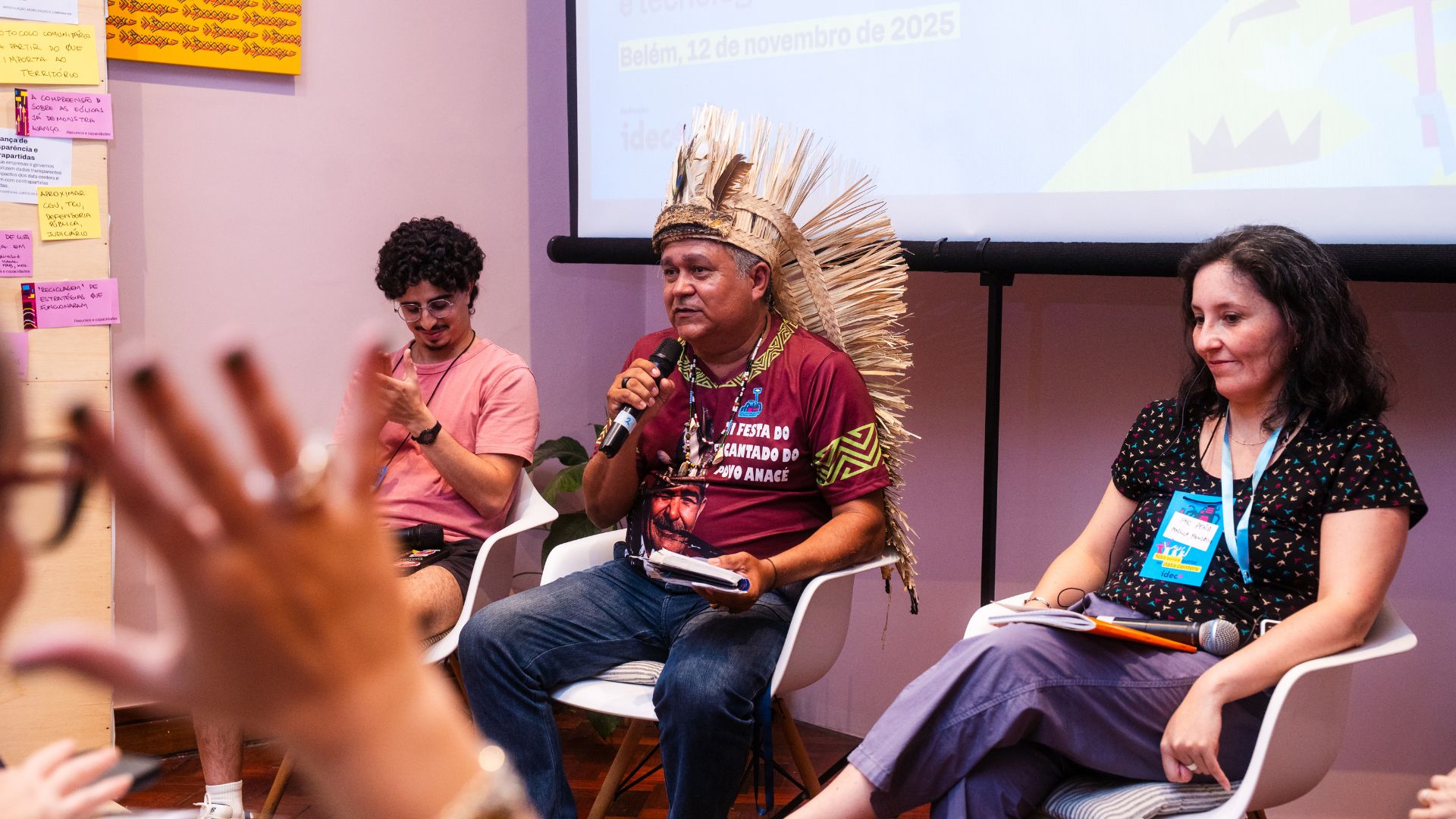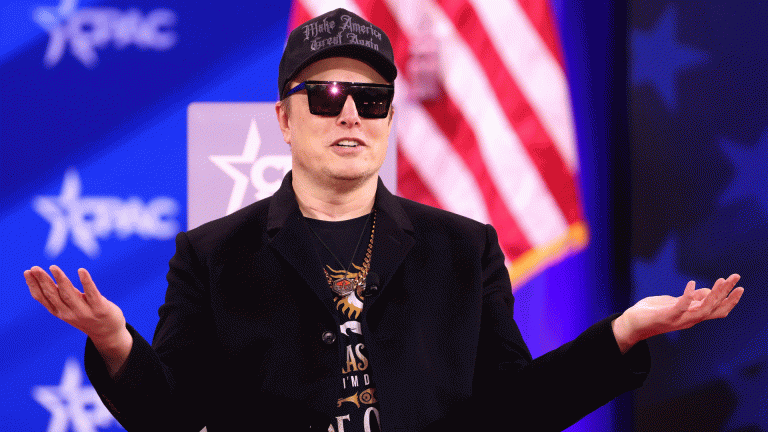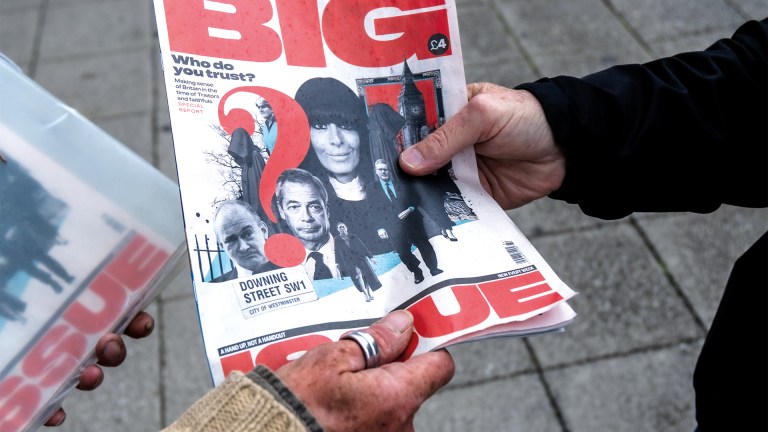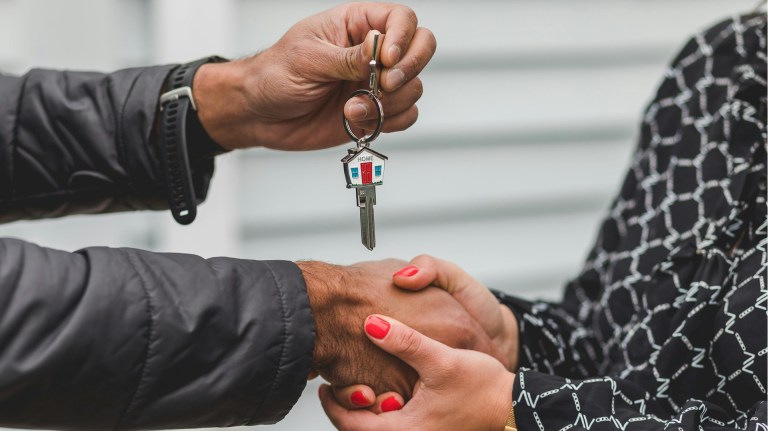Despite old documents, historical records, oral testimonies, references in colonial land grants (sesmarias) and countless archaeological and spiritual evidences, the government has prolonged the process with bureaucratic obstacles, omissions, and lack of political will. Each additional year of delay means another cultural loss, another space destroyed, another community made vulnerable.
Beyond the government itself, institutions that should protect Indigenous peoples – such as FUNAI (the National Foundation of Indigenous Peoples) – often act insufficiently, slowly, by shelving demands, or even contradictorily. At several moments, FUNAI’s decisions or silences have reinforced the invisibility of the Anacé people, opening gaps for enterprises, construction projects, and private interests to advance over the traditional territory. The absence of a firm and protective presence leaves the Anacé in permanent danger of death, forcing their leaders to fight unequal battles against much more powerful structures.
Other state bodies, as well as other Indigenous organisations in Ceará that should promote participation, inclusion and the strengthening of Indigenous peoples in the state, have also failed to guarantee proper visibility to the Anacé people. Whether due to institutional shortcomings, lack of representation, or priorities disconnected from real demands, the outcome is the same: the Anacé continue to face a process of exclusion within the very structures that should be their allies.
Added to all this is one of the greatest sources of pressure and conflict: the Pecém Industrial and Port Complex. Its installation and expansion have completely altered the territorial dynamics of the region, and this is worsened by the actions of certain self-declared leaders – strategically empowered by leaders from other peoples – who encourage real-estate invasions, land speculation and irregular occupations that push the Anacé further into fragmented islands.
Large companies, multinational consortia, infrastructure projects and real-estate groups began to dispute Anacé land as if it were vacant, uninhabited, without owners–completely ignoring the cemeteries, ancestral villages, healing paths, dwellings of enchanted beings, centuries-old trees and Indigenous lives that exist there.
The expansion of the Complex has also generated a series of social impacts. Due to job opportunities created by industry and construction, many outsiders migrated to the region, increasing pressure on Indigenous areas. Clandestine subdivisions grew rapidly, some of them encouraged by influential actors who take advantage of the government’s lack of oversight. Houses, que churches, stores, improvised roads, and even gated communities have begun to appear on territories that once held archaeological sites, traditional homes and places of prayer.
Advertising helps fund Big Issue’s mission to end poverty
In addition to industrial expansion, there are also religious invasions – especially from certain evangelical churches – that enter Anacé communities with discourses that demonise Indigenous culture, erase traditional rituals, devalue the “encantados” (our guardians embedded in the living landscape), and impose a worldview that treats ancestral spiritual practices as forbidden or evil. These churches, often supported by external interests, attempt to replace Anacé spirituality with doctrines that threaten the continuity of our traditions. Their presence also fosters internal divisions, weakening the unity that has always been essential for resisting external pressures.
Within this already threatening scenario, another danger emerges: the project to install a data center on Anacé territory. Although framed as development and modernization, it represents a direct threat to our people’s archaeological, spiritual, and environmental heritage. Data centers require large tracts of land, high energy consumption, structural alteration of the soil, and the destruction of sensitive areas. For us, the Anacé, this would mean losing yet another piece of our spiritual and historical world. It repeats the same old pattern: large enterprises choosing Indigenous areas because they are treated as fragile, silent, and made invisible by the State itself.
This contradiction becomes even sharper with the COP taking place in Belém, where the Brazilian government presents itself to the world as a defender of the climate, nature and Indigenous peoples. While speaking about sustainability, climate justice and environmental protection, it encourages and permits the ongoing destruction of Anacé territory. While proclaiming the importance of free, prior, and informed consultation, it violates ILO Convention 169 by advancing projects without listening to or respecting the Anacé people. While claiming to protect Indigenous peoples, it keeps ours invisible, erased, and disrespected.
The situation of my people is the clearest expression of this contradiction: a government that shines on international stages but fails at home; institutions that claim to defend Indigenous peoples but do not guarantee our existence; massive enterprises that promise progress but deliver destruction; churches that preach love but sow division and cultural erasure.
Resisting, therefore, is not a choice: it is survival. The Anacé people stand firm, organised, united through their leaders, the troncos velhos, the memory of the ancestors, and the spiritual strength that comes from the land itself. The struggle continues – for demarcation, for justice, for visibility, for life. The territory is not merely soil: it is living history. And as long as there is one Anacé standing, this history will never be erased.
Chief Roberto Ytaysaba Anacé is one of the main leaders of the Anacé people from the Ceará coast in Northeast Brazil.
Advertising helps fund Big Issue’s mission to end poverty
Do you have a story to tell or opinions to share about this? Get in touch and tell us more.
Change a vendor’s life this Christmas.
Buy from your local Big Issue vendor every week – or support online with a vendor support kit or a subscription – and help people work their way out of poverty with dignity.





